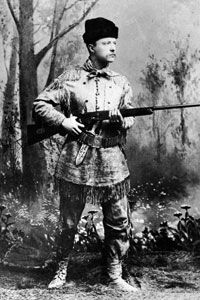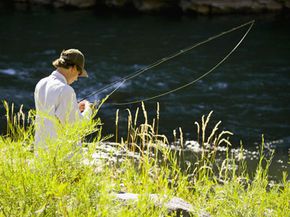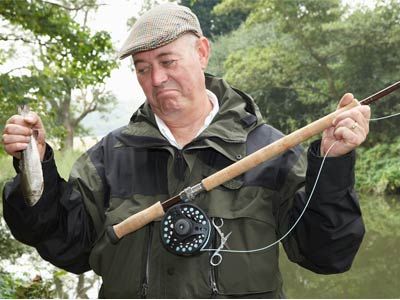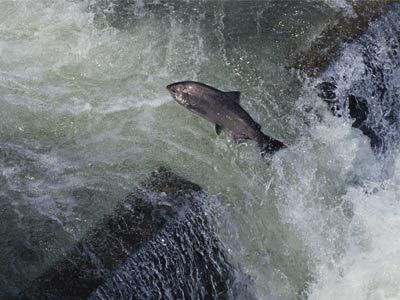Back in the heady days of the 19th century, people didn't need a license to fish in America. Fishermen just took their poles and their bait to the nearest body of water and pulled trout, bass or walleye from it to their heart's content. No big government existed that required them to pay for their natural right to go fishing.
Of course, that was back when there weren't so many people living in North America. The native population declined by about 95 percent due to disease and genocide between 1492 and 1620, and the continent was being repopulated by immigrants from the East [source: Mann]. The vastness of North America and the comparative lack of people made its wildlife stores seem limitless. And as with all natural resources, when human populations increase, wildlife populations decrease.
Advertisement
The U.S. population grew quickly in the latter part of the 19th century. In 1880, the U.S. Census Bureau recorded more than 50 million people living in the United States. Within 30 years, the U.S. population had almost doubled, counted in the 1910 census at more than 92 million people.
With people moving to the United States in record numbers and recreational fishing rivaling commercial fishing in numbers of fish caught, Americans -- or anyone else for that matter -- didn't yet fully grasp the concept of wildlife management. Thanks to forward thinking by President Theodore Roosevelt and other conservationists, the public came to understand that the vast stores of wildlife would eventually be depleted. As a result, some states began requiring visitors from other states to purchase a license to fish. When populations continued to grow, states began requiring their own residents to purchase licenses as well.
Although the concept of North American wildlife abundance began to disintegrate in the early 20th century, it took more time for that idea to extend to our view of the oceans. It wasn't until late in that century that some coastal states began requiring recreational fishermen to purchase a saltwater or marine fishing license. By then, many coastal fish species were already endangered due to commercial and sport overfishing [source: Nelson].
So how does issuing licenses that allow fishing protect fish? Find out right now.
Advertisement




